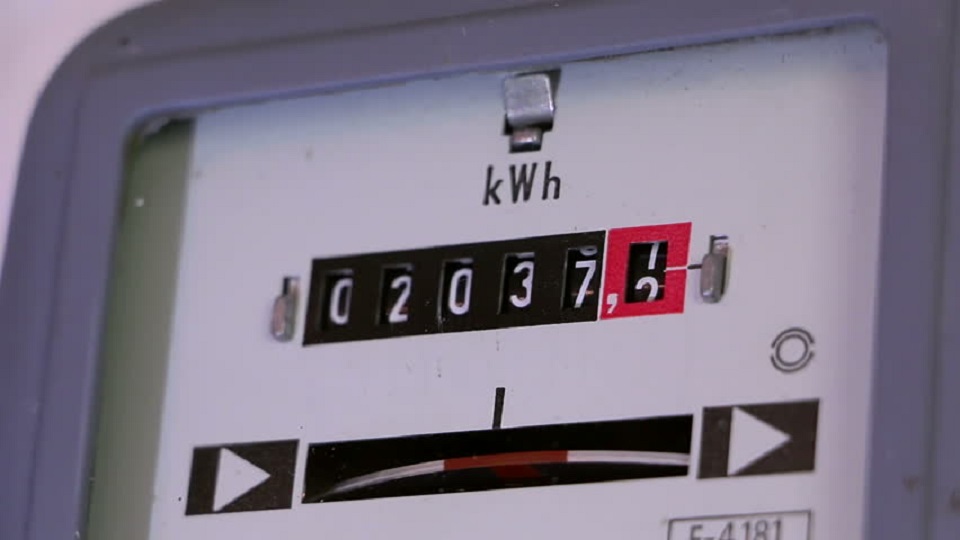
OR
NEA asks firms to clear dues for use of dedicated feeders, trunk lines by the end of this fiscal year
Published On: June 29, 2021 07:15 PM NPT By: Republica | @RepublicaNepal

NEA in a fresh move sends letter to industrialists despite failing in number of similar attempts in the past
KATHMANDU, June 29: Nepal Electricity Authority (NEA) has written once again to the industrialists with the dues of dedicated feeders and trunk lines to clear the dues by the end of this fiscal year or face disconnection for defying the notice.
The helpless state-owned power utility had already sent letters a number of times to the industrialists in the past, but it has so far failed to accomplish its task. Hitendra Dev Shakya, managing director of NEA, said this time they have given a deadline of 15 days to clear their outstanding dues. “If they fail to abide by NEA guidance, we will step up to disconnect the power supply to them,” he said.
In June 2015, the NEA had set a premium tariff for factories using electricity through dedicated feeders and trunk lines from August that year. Citing power outage problems at that time, the NEA had decided to impose additional fees on industries that consume a high amount of energy.
The parliamentary Public Accounts Committee (PAC) has sorted out Rs 14.08 billion dues of around 300 industrial units for the use of electricity through dedicated feeders and trunk lines. Last April, PAC directed the government to recover the amount from these industrial units.
In March 2020 too, NEA had sent letters to the industrialists to settle their dues. Even the courts in 20 cases out of 26 related to the issue, had given their verdicts asking industrialists to clear the dues.
Amid ongoing controversy, a cabinet meeting last year even waived the premium charge for eight and a half months of the total dues in order to minimize excess financial burden on the industrialists. With the decision, the industrialists were supposed to settle the dues of only 28 months and 11 days.
But the industrialists have been arguing that it was not appropriate for the NEA to levy additional fees even after the power utility announced the end of load-shedding in 2016.
You May Like This

Recover dues of dedicated feeder and trunk lines: Energy Minister Bhusal
KATHMANDU, July 26: Newly-appointed Minister for Energy, Water Resources and Irrigation Pampha Bhusal on Sunday directed the Nepal Electricity Authority (NEA)... Read More...

NEA leadership urged to recover billions rupees worth dues from industries that used dedicated feeders, trunk lines
KATHMANDU, Jan 26: Three trade unions at Nepal Electricity Authority (NEA) on Monday submitted a memorandum to the NEA’s management to... Read More...

PAC asks govt to recover dues of dedicated feeders and trunk lines from industries
KATHMANDU, April 4: The parliamentary Public Accounts Committee (PAC) has directed the government to recover the dues from the industries which... Read More...










Just In
- NRB introduces cautiously flexible measures to address ongoing slowdown in various economic sectors
- Forced Covid-19 cremations: is it too late for redemption?
- NRB to provide collateral-free loans to foreign employment seekers
- NEB to publish Grade 12 results next week
- Body handover begins; Relatives remain dissatisfied with insurance, compensation amount
- NC defers its plan to join Koshi govt
- NRB to review microfinance loan interest rate
- 134 dead in floods and landslides since onset of monsoon this year








Leave A Comment